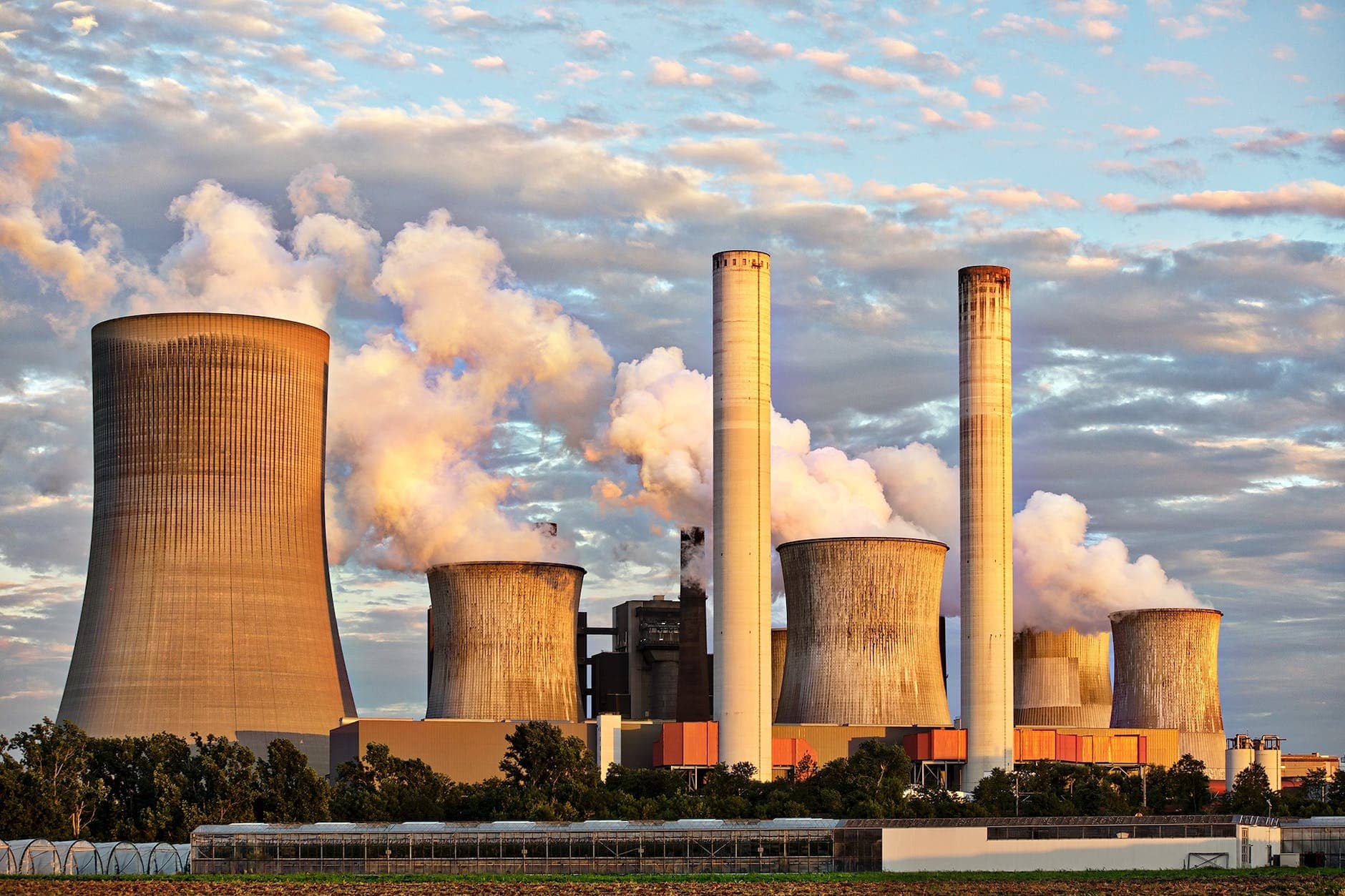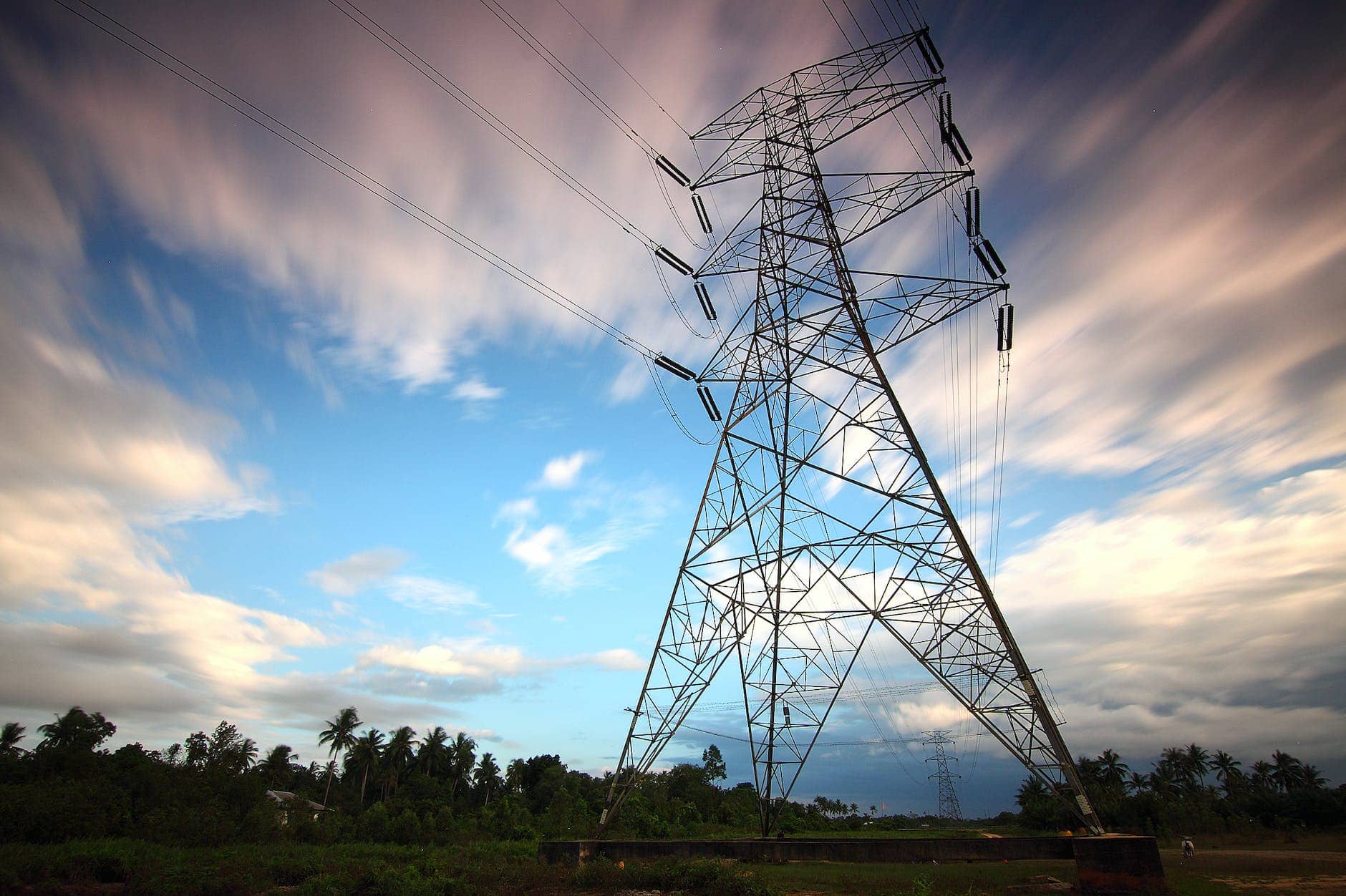First Global Energy Crisis and Here’s How We Can Fix It- DAVOS 2023

- The Russian invasion of Ukraine has significantly altered the global energy environment and market.
- The long-term solution is to concentrate on the energy transition rather than replacing the supply of fossil fuels.
The first serious global energy crisis is currently affecting the entire planet. The Executive Director of the International Energy Agency claims that pursuing the energy transition is the solution rather than developing more fossil resources.
The world needs to undertake energy investments that look beyond the short term and are feasible for the future, said Fatih Birol at the Energy Outlook: Overcoming the Crisis panel on the first morning of Davos 2022.
Since Russia’s invasion of Ukraine on February 24th, the world’s energy landscape has undergone a significant transformation, leading governments, corporations, and other organizations to lessen their reliance on Russian energy. The energy crisis must now be stopped while also prioritizing improved energy security and sustainability.

“The world is currently experiencing its first energy crisis. The oil crisis of the 1970s has been replaced by crises involving coal, natural gas, and oil whose prices are all increasing, according to Birol. “Energy security is a priority for many governments, if not all,” he told the panel.
We don’t actually live in a dream world, of course. Russia’s oil and gas must be replaced by other sources of energy first, followed by other technologies. I totally concur that adding more oil and gas to the market should be part of the immediate solution. However, I would prefer that our initial response delay looking at our fossil fuel energy infrastructure for many years.
Also Read: What Is Keynesian Economics Theory and How Is It Used?
Making the most of already-existing oil and gas fields, using shale oil and gas because it can be quickly brought to market, lowering the number of methane emissions from fossil fuel operations, and ensuring that liquefied natural gas terminals are constructed to store ammonia or hydrogen in the future, according to him, are all essential to resolving the current energy crisis.
However, he continued, “in my opinion, the major part of the reaction comes from emphasizing clean energy, renewables, energy efficiency, and, in the nations where they have nuclear capacity, boosting nuclear output there.
We don’t have to pick between the energy and climate crises; with the correct investment, we can address both.
One of the nations that have been severely impacted by its reliance on Russian gas is Germany. The country is prepared to combat the energy crisis and is now looking to diversify its imports of fossil fuels at incredible speed, with processes that once took decades now taking months, according to Robert Hobeck, Federal Minister for Economic Affairs and Climate Action. He acknowledged that this had been a strategic error and told the panel that the country is ready to fight the energy crisis.
“We are actually enhancing our ability to complete tasks, which hasn’t always been done well. We are expanding our energy infrastructure and looking for new coal and oil suppliers, according to Habeck.

Of course, this is only temporary. It is merely one step toward being independent of fossil fuels in general, not just Russian fossil fuels. In my opinion, caring about the new security of energy supply is not at all in conflict with the larger objective of becoming independent from fossil fuels.
According to Habeck, at least four interrelated crises—high inflation, the energy crisis, food insecurity, and the climate disaster—have shaken the world’s stability. He cautioned, “And if we simply concentrate on one problem, we can’t tackle the problems.
“But if none of the issues are resolved, I’m extremely concerned that we’re heading for a worldwide recession, which would have a significant impact on both climate action and world stability. Imagine that region of the world going hungry the following year. This would have serious consequences for both global stability and hunger, both of which are dreadful.
The international community must continue to use global markets, he continued. According to Habeck, if nations only consider their own food and energy needs, the consequences will be terrible for both pricing and other nations.
The ministers of housing and urban affairs and petroleum and natural gas for the Indian government, Hardeep Singh Puri, concurred that such problems required teamwork to solve. He declared, “The energy crisis is genuine and it exists. “Let’s not misunderstand. The globe has a challenge with oil at $110 per barrel.
He continued, “We need to be able to successfully navigate out of the current crisis without adding further challenges in terms of sustainability and turning green,” citing high inflation rates and the sharp drop in the standard of living.
Catherine MacGregor, CEO of the large French utility Engie, shared these comments and emphasized the significance of cooperating to combat the energy crisis, enhance energy security and global stability, and speed up the transition to renewable energy sources. “Renewable energy would strengthen Europe’s energy independence because it is energy that is produced locally, whether you’re talking about gas or electricity.”
Also Read: A Brief History of Economics
She did, however, add that a lot of Europe had experienced considerable opposition to renewable energy sources like wind farms and solar power plants. “What I’m hoping is that with this crisis, this acceptability, we can transform that into appropriation so the European public understands that the energy transition can be a solution to that energy independence difficulty that is thrown at us — of course, keeping in mind affordability.”
In order to handle the energy crisis as well as other issues including the rising cost of living, the group came to the conclusion that cooperation was required. “All stakeholders in the global system to undertake some serious reflection and put whatever they’ve been saying and doing to a reality check,” Puri said in his final remarks.
“While preventing the resolution of one crisis from making the other situation worse, we must treat each issue separately. Because it is unsustainable, you need to find a way out of the high-cost situation and accelerate the transition to green energy.
“When we work together, yeah, we will survive. There will be a price to pay and suffering. But ultimately, we’ll be striving for a brighter energy future.
THANKS FOR READING




